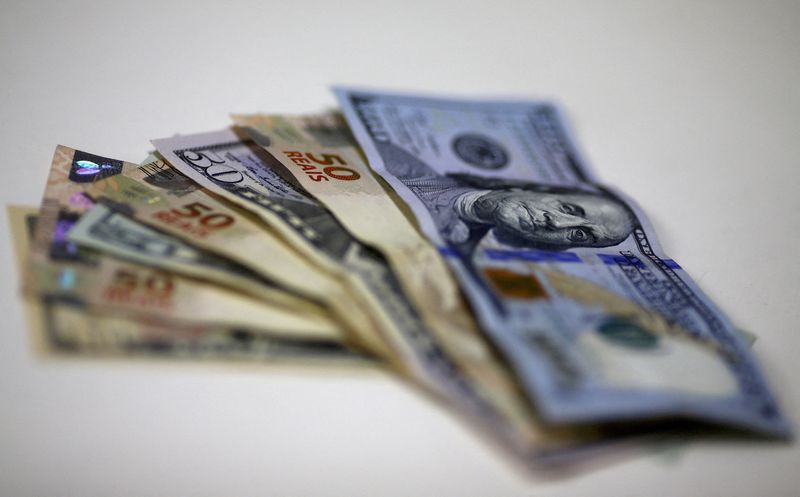BRASILIA (Reuters) - Foreign direct investment in Brazil reached its highest level for January in five years, according to central bank data on Friday, continuing a trend of strong results since last year.
FDI totaled $6.9 billion in January, best since 2018, when it reached $8.3 billion. However, this was slightly below the $7.1 billion projected by economists in a Reuters poll.
Last year, FDI reached $90.6 billion, the highest annual figure in 10 years.
The central bank attributed the solid 2022 performance to improved domestic economic activity and better profitability of companies, also mentioning the resumption of projects delayed due to the pandemic, and higher demand for investments in sectors such as energy, technology, and oil and gas.
The bank estimated in December that FDI would reach $75 billion this year amid an expected economic slowdown, but with the continuation of the other factors that sustained the positive flow last year.
Brazil's current account deficit was $8.8 billion in January, larger than the $8.2 billion shortfall forecast by economists.
Still, the figure beat the deficit of $9.4 billion in January 2022, with the improvement in the trade balance more than offsetting the increase in the factor payments deficit.
Central bank data also showed that investors made a net investment of $4.2 billion in Brazilian markets in January, including $1.9 billion inflows in stocks and $2.2 billion inflows in bonds.
